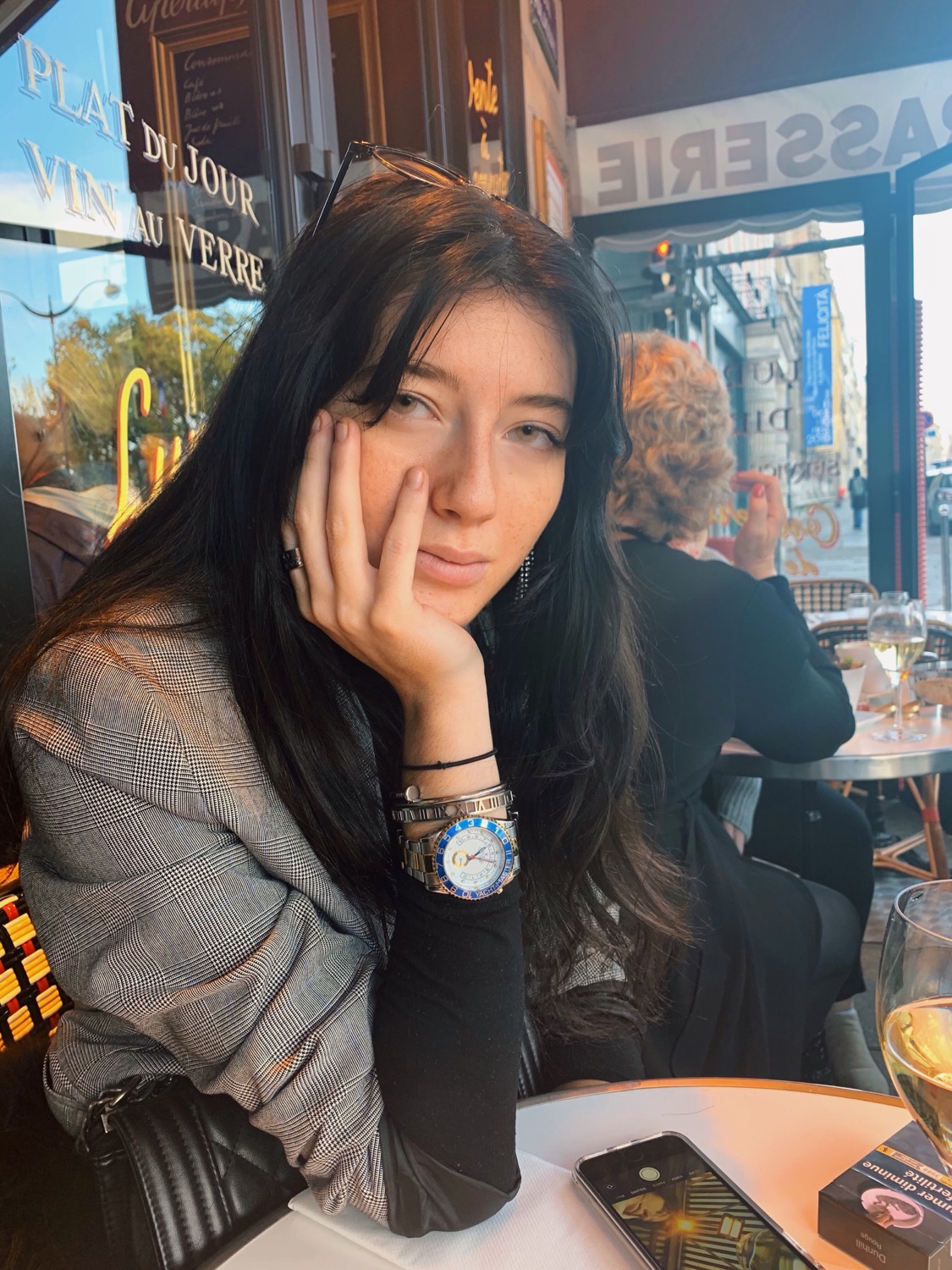SHANA MOULTON AND THE ART OF THE ALTER EGO
- Victoria Comstock-Kershaw
- Sep 19, 2019
- 3 min read
Cynthia is not Tyler Durden. She is not Pheadrus or Dr Hyde or the Hulk. Cynthia is a sweet, relatable, and slightly lost woman obsessed with wellness apps and bubble baths - and it is utterly refreshing. Shana Moulton's first London solo show challenges and redefines what the second self has come to mean in art with great artistic playfulness and an introspective spirit.

Shana Moulton
Moulton's alter alter ego, Cynthia, is defined by concepts of healing, reflection, and lostness, and it is excellent: rather than retread the same tired ground of being a representation of inward desire for destruction and loss of control, Cynthia allows Moulton's audience to examine and relate to the hopeful desire to simply be better. We've all fallen prey to the epidemic of products and services surrounding the concepts of well-being and mindfulness: apps, crystals, skincare routines, self-help books are just some of the thousands of amenities promised to relieve and heal in an age where stress and anxiety are at the forefront of our culture. Cynthia explores this phenomenon with a humour and playfulness that is so often lacking in the concept of alter egos. Where Tyler Durden stands for grand, intense ideals of chaos versus order, Cynthia stands for far more sincere and much closer to home concepts of wanting to heal, relax, and improve. Moulton's alter ego succeeds just as much as Robert M. Pirsigs' or Chuck Palahniuks' for a very simple reason: she evokes all the fears and frustrations that come with identity by deconstructing her - and, with that, the audience's - own.

This is not to say that Cynthia's slightly more domestic themes are any less powerful or impressive that those of alter egos that came before her: Moulton captures an intensely real and painfully relatable feeling of being slightly lost in the face of consumeristic spirituality, and explores the intense confusion and frustration that occurs in the face of what feels like genuine effort. Inversion Therapy (2019) is the perfect commentary on the relationship between consumerism and spirit: it pokes fun of the pointlessness of the ritual, while still acknowledging the reasons behind it. The Pink Tower (2019) is well placed as the first piece to welcome you, setting the tone both in terms of aesthetics and medium: Moulton's video works are concise and pleasant, and work fantastically well in the space of the soft, baby pink-glow of the Zabludowicz Collection's three main rooms. Whispering Pines is the pinnacle of her message and style: Cynthia almost relaxes in the bright bubbles and psychedelic patterns of a bubble bath, but ultimately cannot. We are made to feel uncomfortable at her failure, yet somehow relieved that hey, at least we're not the only ones struggling.
Moulton and her Cynthia shine in two main areas: firstly, the artists' aesthetic, which is coherent, weird, and fantastically fun, and secondly, her ability to criticise consumerism while still acknowledging the very real appeal behind it. Anti-consumerist art is nothing new, so it is refreshing to experience a take that doesn't denigrate those that participate in it, but rather attempts to relate, reach out, and explore the causes and consequences of the phenomena. The use of the likeable alter ego makes this superbly effective, as she includes herself directly in the rituals that she is encouraging us to examine and ultimately criticise. Through Cynthia, the audience is left to feel as if Moulton is trying to figure it all out just as much as the rest of us.
Image credits: Dazed Digital










